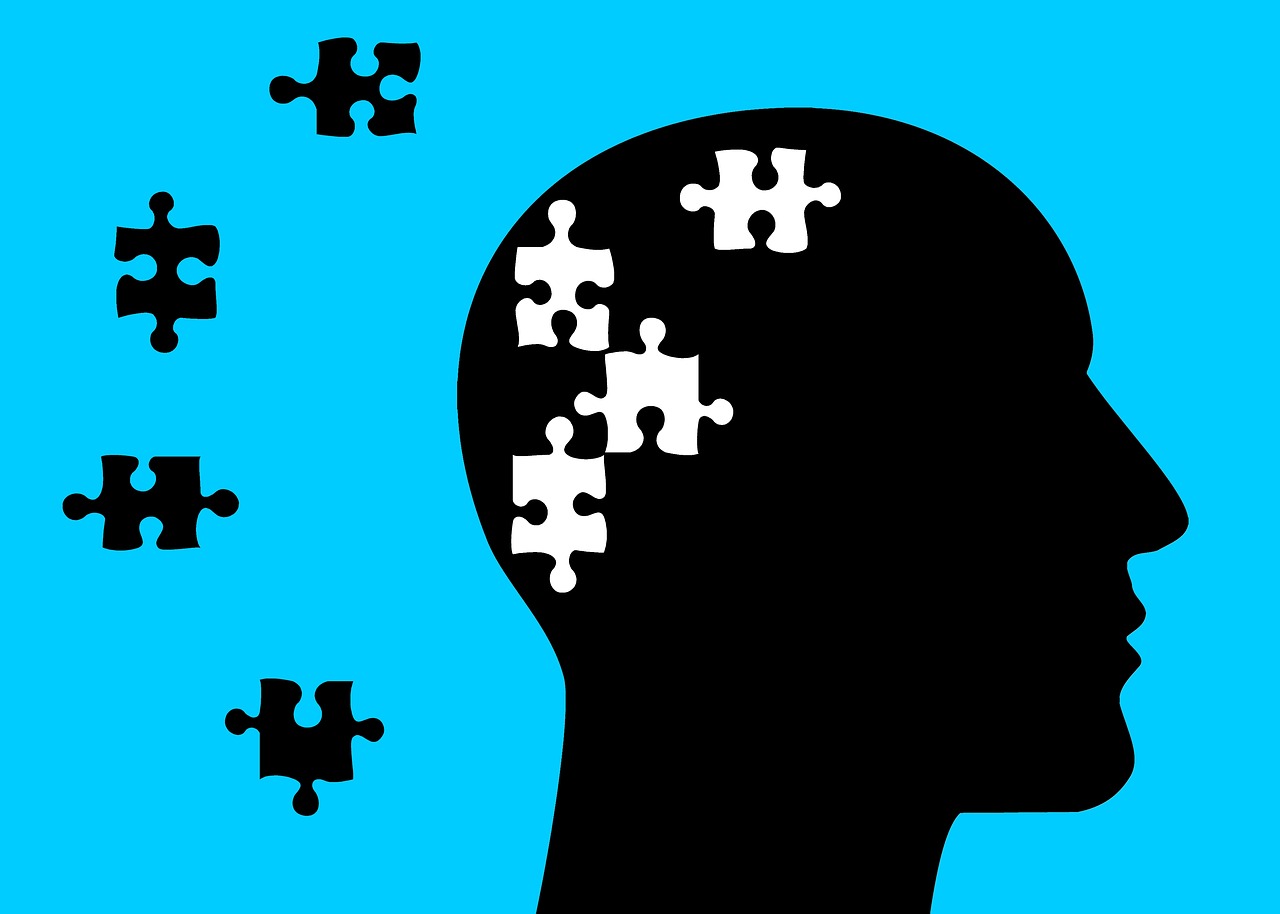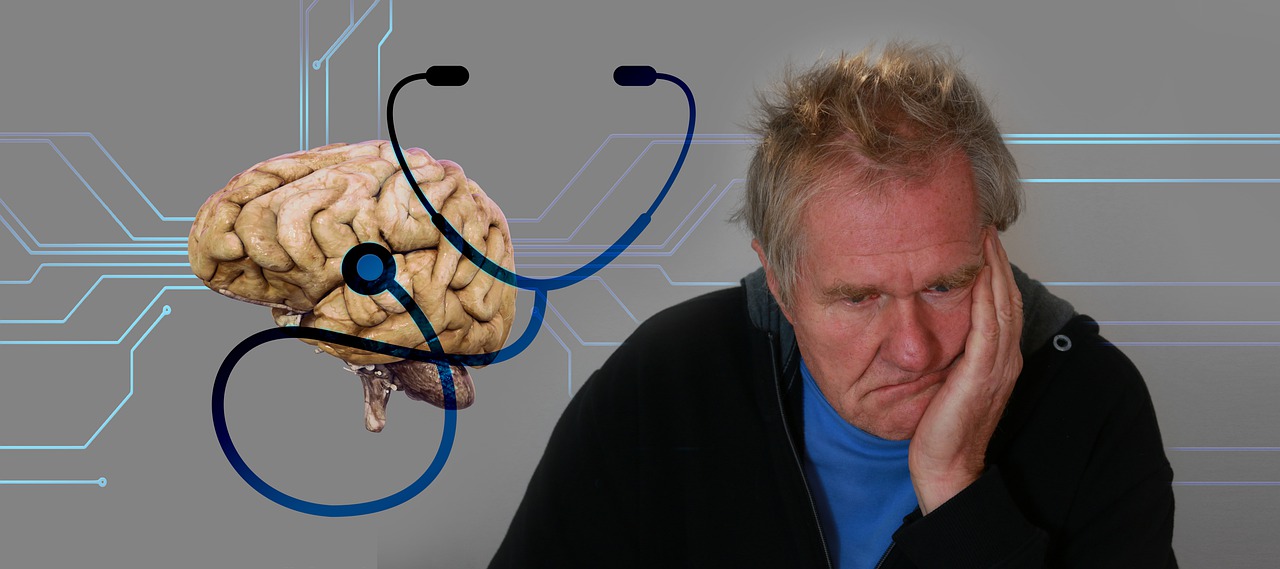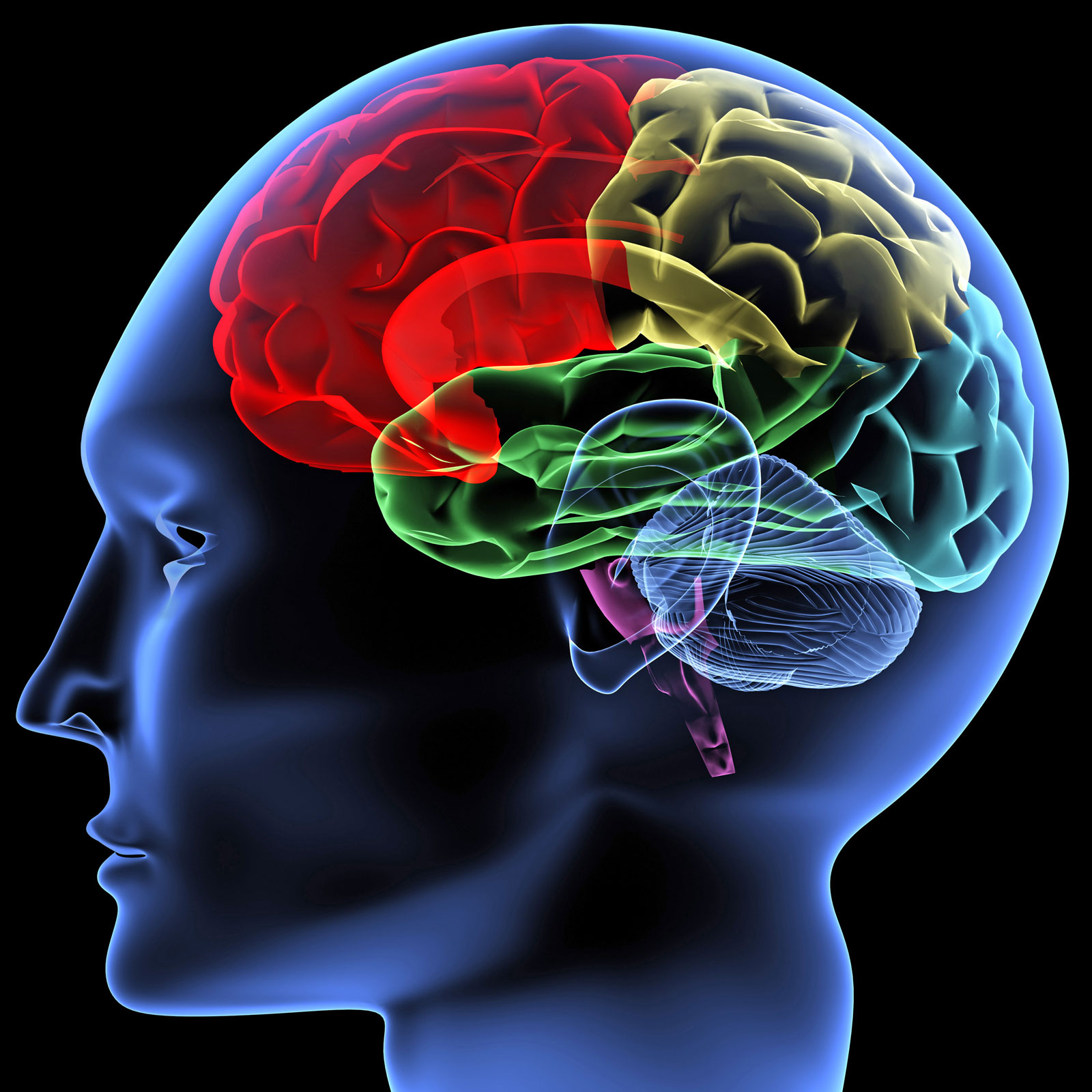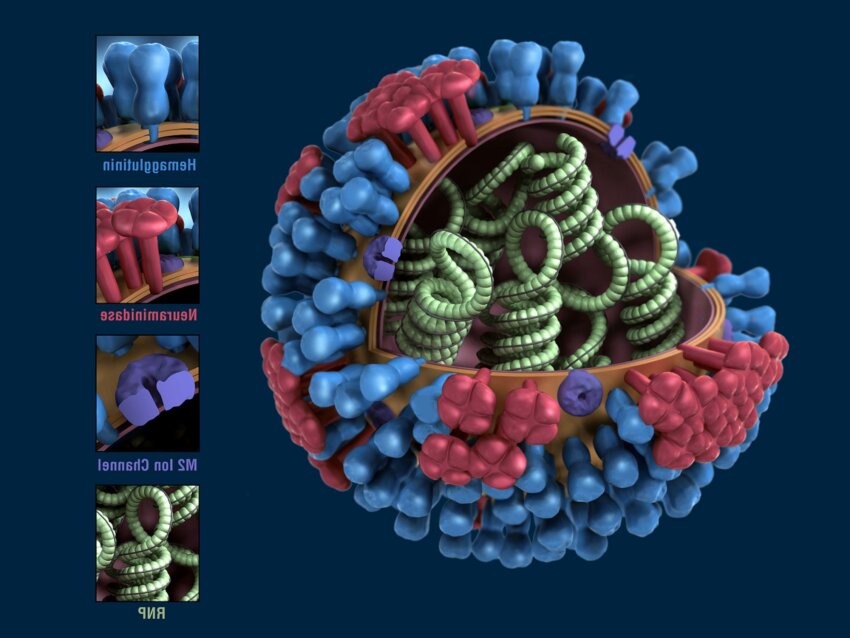
What Are Memory Disorders
What Are Memory Disorders
Summary
How do we remember?
3 main types of memory
Memory disorders: memory lapses
Memory disorders: how serious are they?
Memory disorders: how to medically evaluate the memory?
Memory is a biological and psychic activity that allows us to store, retain, and retrieve information.
Its synonym is reminiscence or memory. On the other hand, its opposite is forgetting, and it is to counteract the latter that we will see, in this post, how to maintain this fabulous memory tool.
How do we memorize?
There are several steps involved in the memorization process:
Using one or more senses: we may remember something we read (sight), a song we heard (hearing), a particular flavor (taste) or smell (smell), or the special touch of a cloth (touch). If several senses are awake, memorization will be all the more effective.
Entry into the action of the nervous influxes
The nervous inflows convey the object seen, smelled, listened to, or touched to the “hippocampus” area. It is at this level of the brain that short-term memory is located.
Concentrated neuronal activity
Neurons intervene at the level of the telencephalon as soon as the memorization process relates to the long term.
3 main types of memory
Our brain is very structured and does not clutter itself unnecessarily. The brain “decides” to store information for limited use or prolonged use. Scientists have discovered that there is not one memory but several types of memory:
Short-term memory
This is simply the memory that allows you to remember where you put something.
In other words, in a month, you won’t need to remember where you put your bath sheet when you went swimming on July 17, during your summer vacation. No unnecessary clutter!
Long-term memory
This type of memory allows you to remember as much as you need about your address, the knowledge you acquired during your studies, or even remember certain scenes from your earliest childhood.
There are different forms of long-term memory:
Explicit memory allows us to keep our memories (for example, memories of our adolescence…).
Implicit memory: these are the mechanisms or automatisms that we have acquired and allow us to have certain reflexes (driving a car, riding a bicycle, knitting, typing on a computer keyboard without looking at the keys…). All these functions are the result of initial learning.
Semantic memory is based on general knowledge that we have learned (spelling, mathematics, geography).
Episodic memory: as its name indicates, it is related to episodes in our lives.
Working memory: In this last group, we can classify the memory that allows us to memorize briefly.
For example, a neighbor gives you the phone number of the nearest garage, and you have nothing on you to write down. Therefore, you will memorize the number temporarily until you reach a phone booth and call the number.
Memory problems, or memory disorders, can be harmless or severe. It is, therefore, necessary to evaluate them. Here are a few things to help you find your way around.
Memory problems: memory lapses

Anyone can have memory lapses. Memory lapses can occur during intense physical fatigue, stress, intellectual fatigue, etc. It is essential to distinguish between occasional memory lapses:
– forgetting where you put your keys, forgetting the date of a birthday, etc.
– which can be linked to fatigue, insufficient memory work or a poor lifestyle, and more severe problems with repeated forgetfulness and the inability to fix new memories.
Pathological memory disorders can occur in connection with diseases linked to a degeneration of the brain cells (example: Alzheimer’s) following a psychological, physical, or emotional shock.
Good to know: in addition, elderly patients with a recent history of severe hypoglycemia have significantly decreased global cognitive scores, particularly in language and executive function, but also in memory.
These disorders are related either to memory loss or abnormal memory activity and do not depend on the subject’s age. A distinction is made between:
- amnesia (loss of memory, punctual or important);
- hypermnesia (an excessively exalted memory);
- paramnesia (the feeling of “already lived”).
It is advisable to consult a specialist who will help you determine the treatments adapted to your case for each of these cases.
Memory disorders: how to medically evaluate the memory?
From a medical point of view, some tests can evaluate memory capacities. Among these, we can mention:
- Benton’s visual retention test: short-term memory tests using geometric figures;
- The WAIS (Wechsler Adult Intelligence Scale) test is less focused on memory per se since it explores the mental activity of patients in a broader sense.
Read more:
- Brain Enhancement Nutrient – CHOLINE;
- What is Your Eidetic Memory?
- How to Improve Your Concentration?
Memory only wears out if it is not used. However, it is possible to use it enough to maintain it, but it still has weaknesses. We will come back to this in our following publication. In the meantime, don’t forget to comment.

What is Your Eidetic Memory
You May Also Like

The Silent Storm: Unraveling the Effects of Sleep Deprivation on Mental Well-Being
2023-12-21
What Are the 3 Types of Influenza
2022-03-05

